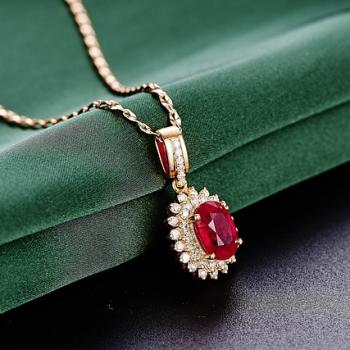I am well aware, however, that I have little control over what others might reveal about me. My bishop friend closed his account after a work colleague posted a lewd status update that the members of his ward could see. "Personal privacy is no longer an individual thing," said Harold Abelson, a computer science professor at M.I.T. quoted in a March 16, 2010, New York Times article. "In today's online world, what your mother told you is true, only more so: people really can judge you by your friends." That means those raucous high school buddies are pieces in our mosaics of self as much as the sophisticated colleagues in prestigious workplaces. Is it healthy for those worlds to mesh as we progress through the spiritual journey of life? Doesn't the journey seem somewhat futile if we keep passing the same road markers along the way? Do we wake up to our own "Groundhog Day," where we find it impossible to progress because we travel with a herd of acquaintances who never let us break away from the people we were yesterday?
Turning the tables, how should we respond to those friends who do indeed try to reinvent themselves through the glass window of social media? Friends who are divorcing and starting new families, friends who are vocal about leaving the Church, or who are abandoning sin to reactivate at church? We have a spiritual responsibility to forgive and love and support the person in their reinvention of self, making sure that those friends don't end up like the man in Elder Holland's story, victims of our own impressions and prejudices. Much of the burden to love is placed on us as spectators of the reinvention, and we're saddled with our own moral dilemmas in how to best aid their transformation process: Is it okay to friend the ex-husband and the ex-wife? Or do we need to choose, like cheering for our favorite team? Do we un-friend someone who starts belittling the Church? Do we alert the authorities when a friend reveals inappropriate behavior in a status update? Do we send the missionaries over to a friend who "likes" an article we posted about the Church?
There are those, however, who feel that having instant access to past friends and networks is complete heaven, even while some others feel it's more like... well, you know... that other place. Years ago, when my mom lived apart from all of her immediate family members and many close friends, she used to tell me, "Heaven for me will be being close to those I love without any hindrances of time and space." Indeed, with its ability to connect through time and space, Facebook may be the closest thing we have to recreating the one big happy family we enjoyed as spirit children of our Heavenly Father in the preexistence. Perhaps the thorny networks of Facebook simply distill in microcosm the human frailties we should be working to overcome anyway as followers of Christ. Perhaps some similar futuristic technology will become the address book of Zion itself, allowing us to enjoy familial bonds through space and time. Too bad my mom's not on Facebook.
Neylan McBaine grew up Mormon in New York City and attended Yale University. She has been published in Newsweek, Dialogue: A Journal of Mormon Thought, Segullah, Meridian Magazine and BustedHalo.com. She is the author of a collection of personal essays -- How to Be a Twenty-First Century Pioneer Woman (2008) -- and the founder and editor-in-chief of The Mormon Women Project, a digital library of interviews with LDS women. She blogs at www.neylanmcbaine.com.




